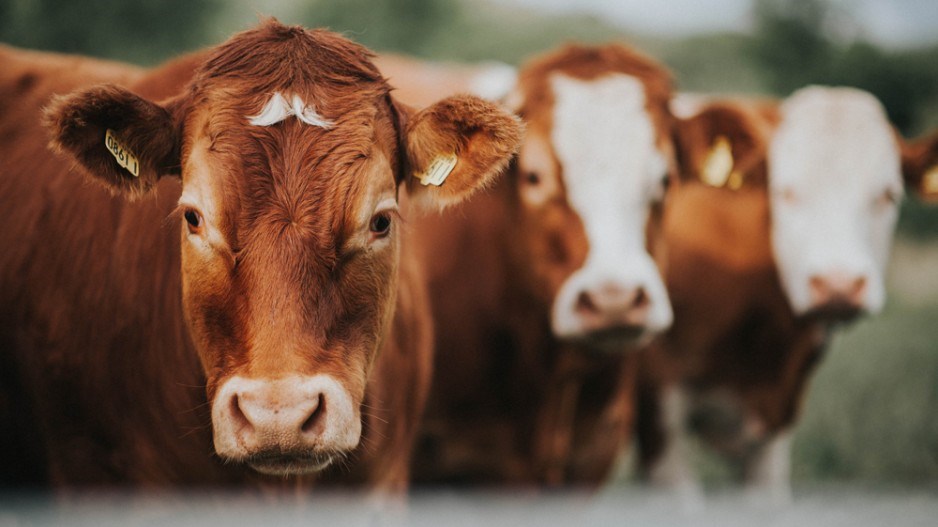Animal welfare remains an important topic in Canada and around the world.
The start of the pandemic led to lengthy discussions about the future of fur farming after animals contracted COVID-19. There has also been a steady increase in the number of vegetarian and vegan options that seek to emulate the look, feel and taste of animal products.
Other countries have taken these debates to a new level by electing politicians who directly pursue the cause of animal rights. In the Netherlands, the Party for the Animals (PvdD) received 3.8 per cent of the vote in the 2019 General Election and currently holds six seats in the House of Representatives. We have not yet seen the creation of a similar political organization in Canada, partly because of the intricacies of the first-past-the-post system.
Research Co. and Glacier Media asked Canadians about animals earlier this month. The results point to a public that is growing tired of specific features of the past, particularly in the areas of fashion and entertainment. Still, most Canadians are not ready to fully abandon the consumption of meat or poultry.
Across the country, more than seven in 10 Canadians (72 per cent, down four points since we last asked in September 2020) are in favour of eating animals, while 22 per cent (up three points) are opposed and 6 per cent are undecided. Support for the consumption of animal products is highest among men (75 per cent), Canadians aged 55 and over (78 per cent) and residents of Manitoba and Saskatchewan (88 per cent).
There are smaller but still noteworthy groups of Canadians who express qualms about eating animals: 25 per cent of women, 29 per cent of Canadians aged 18 to 34 and 25 per cent of Ontarians, Quebecers and British Columbians. These numbers help explain the persuasiveness of plant-based nuggets and “impossible” burgers on our restaurant menus and grocery store aisles.
The distaste of Canadians on the issue of relying on animals for garments has grown over the past two years. Practically four in five Canadians (79 per cent, up three points) are opposed to killing animals for their fur – a proportion that jumps to 84 per cent among women.
In decades past, support for the fur industry tended to be higher in the Maritimes. In 2022, fewer than one in five residents of Quebec (19 per cent), Ontario (17 per cent), Atlantic Canada (16 per cent), Alberta (13 per cent) and British Columbia (11 per cent) are in favour of killing animals for their fur. The proportion climbs to 23 per cent in Saskatchewan and Manitoba.
Relying on animals for entertainment is also not particularly popular in Canada. The use of animals in rodeos is endorsed by just 29 per cent of Canadians (down three points) and rejected by 61 per cent (down one point). As expected, the regional disparities on this issue are striking. Support is lowest in Atlantic Canada (18 per cent) and rises slightly in Quebec (24 per cent), British Columbia (26 per cent) and Ontario (27 per cent). The numbers are markedly higher in Alberta (40 per cent) and Saskatchewan and Manitoba (46 per cent), but fall short of encompassing a majority of residents.
Keeping animals in zoos or aquariums has become a more contentious matter over the past few years. In 2022, 53 per cent of Canadians are opposed to this practice (up two points), while just under two in five (39 per cent, unchanged) are in favour of it. There is a significant gender gap on this question, with 46 per cent of men seeing no problem with zoos or aquariums compared to only 34 per cent of women.
On hunting, Canadians continue to establish a fundamental difference between sustenance and prize. More than three in five Canadians (62 per cent, up seven points) are in favour of hunting animals for meat. However, only 14 per cent (up six points) feel the same way about hunting animals for sport (or trophy hunting).
The notion of hunting an animal for the purpose of consuming it is more troubling for Canadians aged 18 to 34 (37 per cent) than for their counterparts aged 35 to 54 (30 per cent) or aged 55 and over (27 per cent). We do not see the same generational divide on trophy hunting: more than four in five Canadians across all three age groups decry the practice.
On the political front, Canadians who voted for the Conservative Party are not always in tune with the views of those who cast ballots for candidates representing the Liberal Party and the New Democratic Party (NDP) in 2021. Rodeos, for instance, are still favoured by 45 per cent of Conservatives, but just 28 per cent of Liberals and 20 per cent of New Democrats feel the same way.
As the years progress, it is clear that animal welfare is an issue where the market decides, even in the absence of carefully crafted legislation. When one in four residents of the three most populous provinces are not in favour of consuming animals, and most Canadians express dismay at wearing fur garments, the products at our disposal are bound to change.
Mario Canseco is president of Research Co.
Results are based on an online study conducted from April 1 to April 3, 2022, among 1,000 adults in Canada. The data has been statistically weighted according to Canadian census figures for age, gender and region. The margin of error, which measures sample variability, is plus or minus 3.1 percentage points, 19 times out of 20.




